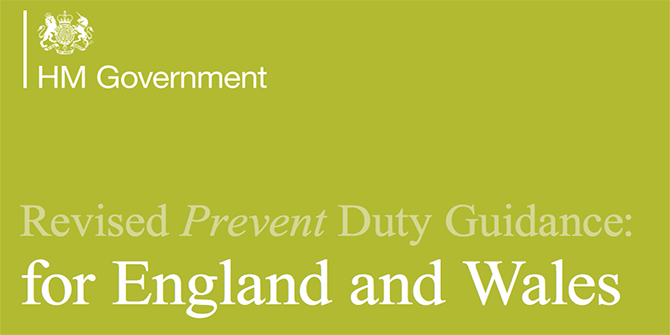
 Julian le Grand gives his thoughts on the spending review, and its possible effects on inequality.
Julian le Grand gives his thoughts on the spending review, and its possible effects on inequality.
In the last two recessions of the early 1980s and the 1990s, inequality and relative poverty actually fell. This was because, while top and average incomes fell, low incomes, buttressed by price-indexed benefits did not. So what will happen this time? Some of the cuts in benefits announced in the Review are targeted at higher income groups, others (the majority?) not, so we don’t yet know. But, if we did see falls in inequality, and, if the recent claims in The Spirit Level by Wilkinson and Pickett about the socially damaging effects of inequality are correct, perhaps there will be favourable knock-on effects on other social indicators, such as health and crime. Though, of course, whether all this would actually occur will depend on when the cuts will actually take effect, and whether or not we are in a double dip recession by then.
So far health care is concerned, there will undoubtedly still be pressures on the NHS following the Review, though the increases in social care funding, and a possible reduction in employer pension contributions (hinted at but not promised) should help. But the overall increase in real terms is tiny – just over 0.4% a year for England, if the baseline figure of £98.7 billion in 2010-11 is accepted – and not enough to pay for the extra demands of new drugs and procedures, and for pay pressures, including those resulting from ‘incremental drift’ (even with a pay freeze, most NHS staff get a pay rise every year due to the system of annual increments built into their contracts).
Still, a little bit of austerity might to do the NHS some good. There is considerable space for productivity improvements, especially if variations in care costs can be reduced: hip replacements, for instance, cost eleven times as much in one hospital as in another. Some budgetary pressures plus the improvement in incentives resulting from the promised return of GP commissioning could result in significant efficiency gains – and, together with any reductions in inequality and poverty, better patient health.
This article first appeared in the Financial Times on 20 October.
Click here to respond to this article.
To access the Government Spending Review source documents and key commentaries, see the clickable list here.
Cuts logo is courtesy of Eric Tastad and the Creative Commons.






